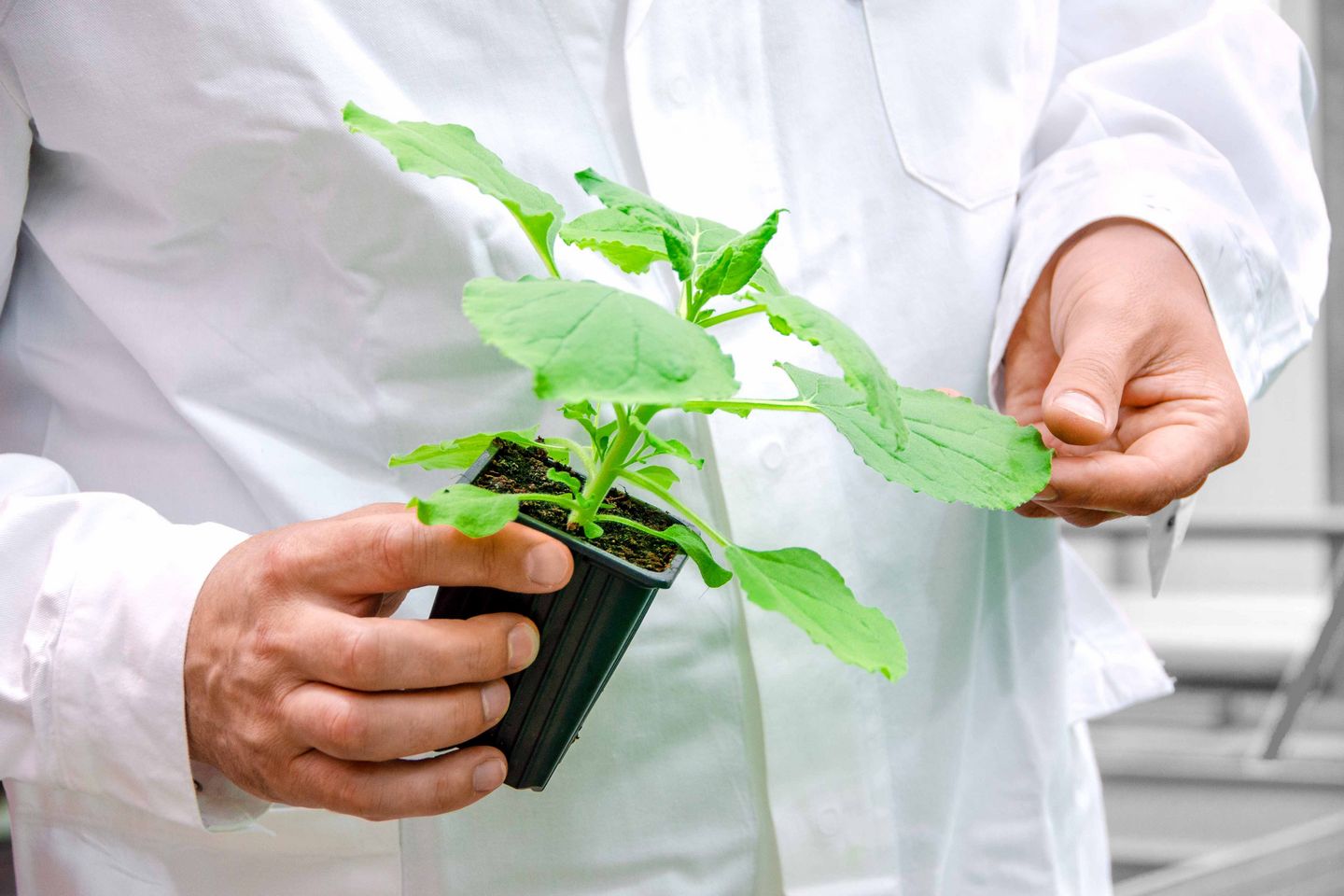The plant world offers a natural solution to combat pests in agriculture and address droughts. A research team at the University of Zurich (UZH) is investigating how plants can become more resistant to external influences by strengthening their immune system.

Our planet faces numerous challenges, driven by the growing human population and the effects of climate change. One of the most critical issues is our ability to produce enough nutritious and safe food in a sustainable manner, while maintaining the health of both humans and animals. Available land for agriculture is becoming increasingly scarce, and the environmental and health impacts are devastating. Additionally, pathogens, pests, and extreme weather conditions cause significant crop losses, with up to 40% of food crops being lost each year. In the past decade alone, droughts have resulted in global crop production losses amounting to $30 billion.
Similar to agriculture, infectious diseases in humans and animals are on the rise due to climate change and increased human and trade activity. Antibiotic resistance is considered by the World Health Organization (WHO) as one of the top ten global health challenges.
In both agriculture and medicine, plant-derived molecules may offer a promising solution.
«The production of secreted signal peptides, which strengthen the immune system of plants or kill microbes directly, enables plants to react to their constantly changing environment. Thank you for contributing to ensuring that this knowledge can sustainably benefit flora, fauna, and society.»
Prof. Dr. Cyril Zipfel, Vice Director, Institute of Plant and Microbiology, UZH
By strengthening the plant immune system via so-called secreted signal peptides, the use of pesticides could be greatly reduced, and crop failures due to pests or droughts could be minimized. UZH professor Cyril Zipfel is researching how plant peptides could not only improve the growth and resilience of plants but also offer a promising alternative to antibiotics and pesticides.
In a first step, the UZH research team is isolating natural signaling and antimicrobial peptides that plants produce in response to stress. These will then be used as natural tonics in a further step—either preventively or as soon as the disease occurs, such as in combating bacteria and fungi—with the aim of activating the plants' immune system at a molecular level. This enables plants to protect themselves against pests and environmental influences on their own: a natural self-protection that strengthens the plant from the inside out.
As we can see, agriculture, the animal world, and humans face similar challenges. The One Health Institute at UZH provides an ideal basis for tackling such global problems holistically. This interdisciplinary center ensures that all life forms and organisms can benefit from the solutions developed. Professor Zipfel's research project will extend its impact beyond the plant world, also contributing to the advancement
